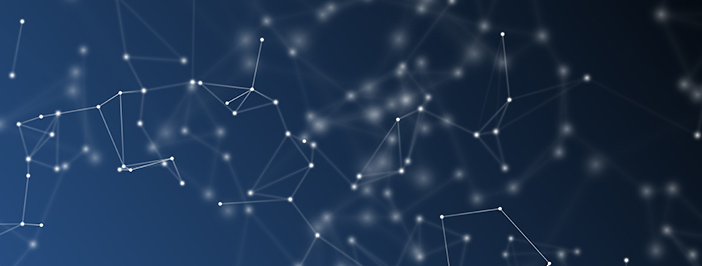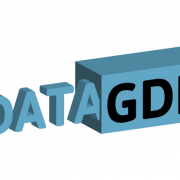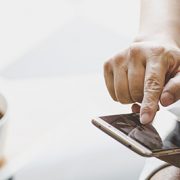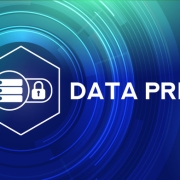To A Hacker—You’re Not Important But Your Data Is!
Your information is everywhere—on your personal computer’s hard drive, shopping sites, social media sites, online services you’ve signed up for, etc. How many online forms have you filled out in the past three months? Probably more than you can remember.
Where do you think all this information goes? To corporate and Government databases, that’s where. All accessible to hackers with the right skills and tools. Remember—if it’s online, it can be hacked!
A recent post on the cyber security site, “SOS Daily News” listed the 10 largest and highest profile cyberattacks so far in 2017—resulting in almost 260 million records either hacked or at least exposed to hackers—and 2017 is not yet over!
Is selling stolen credentials lucrative? You bet. If a low-level thief steals just 50,000 records (not a lot considering the massive, automated SPAM campaigns today) and sells them for just 20 cents apiece, that translates into a $10,000 pay day. Do the math—crime does pay.
Yet despite the dangers, many people take a cavalier attitude toward their personal online security, keeping the criminal underground and the Dark Web in business.
We’ve gone over the steps every responsible person needs to take many times before but because of the recent rise in online criminal activity, we’ll list them again:
- Create strong, unique passwords for each account you open. Don’t reuse passwords. If you do, then a hacker can gain entry to multiple accounts with very little effort.
- Use two-factor authentication wherever possible and make sure the authentication code goes to a device such as your cell phone and not your email. If your email is hacked, then the attacker will also get your authentication code.
- Never share account login information.
- Safeguard your email account since it often serves as the login name for most sites.
- Never click on any links or open attachments in emails.
- Never make online purchases with a debit card—always use a credit card. If your account is hacked and your debit card number and PIN are exposed, you’ll be cleaned out in short order.
- Never enter personal or financial information onto a site that doesn’t begin with HTTPS.
- Always make sure your PC’s Operating System and Antivirus software are up-to-date.
- ALWAYS use a secure VPN connection when logging into your company’s network from your home PC and be extra careful. If your home machine is infected, you can expose your company’s network to info-stealing malware.
- Never log onto confidential or company sites using a public Wi-Fi connection. Most are unsecure and many are set up just to catch unwary victims and steal data.
- Do not use public charging stations in airports, etc. for smartphones, tablets and laptops. Many times, criminals compromise them to pass malware.
- Encrypt mobile hard drives so a thief doesn’t steal your device, remove the drive or connect a USB wire to access the data.
- REMEMBER—backup, backup, backup! Make sure your personal and company information are securely and redundantly backed up. One ransomware attack and you’ll lose it all or pay a hefty price to get your data back (maybe).
Identity theft is serious business and it will disrupt your life. While no one can be absolutely safe, you can greatly decrease your chances of being a victim by taking common-sense precautions.
Tightening up your personal security will also have the added benefit of protecting family, friends, co-workers and perhaps your entire business since hackers will use your stolen information to attack anyone in your contact list and attempt to penetrate your company network.
Be cautious—be safe.
XSolutions is an Elite Partner of Datto, the world leader in Hybrid-Cloud Business Continuity solutions whose systems protect 250+ Petabytes of data with over 800 employees around the globe. Call (845) 362-9675 and let us introduce you to the ultimate defense against data loss—whatever the cause.










